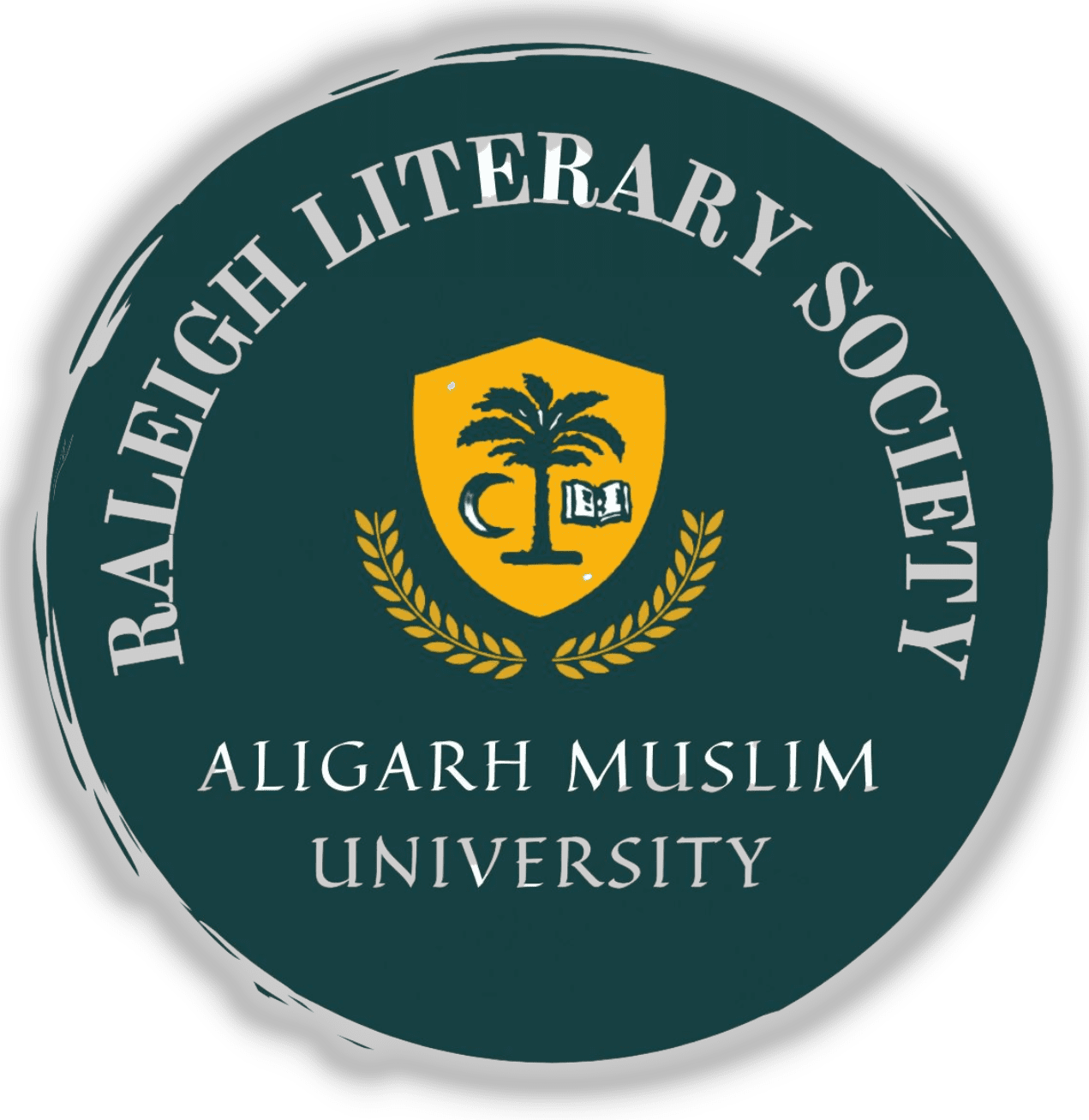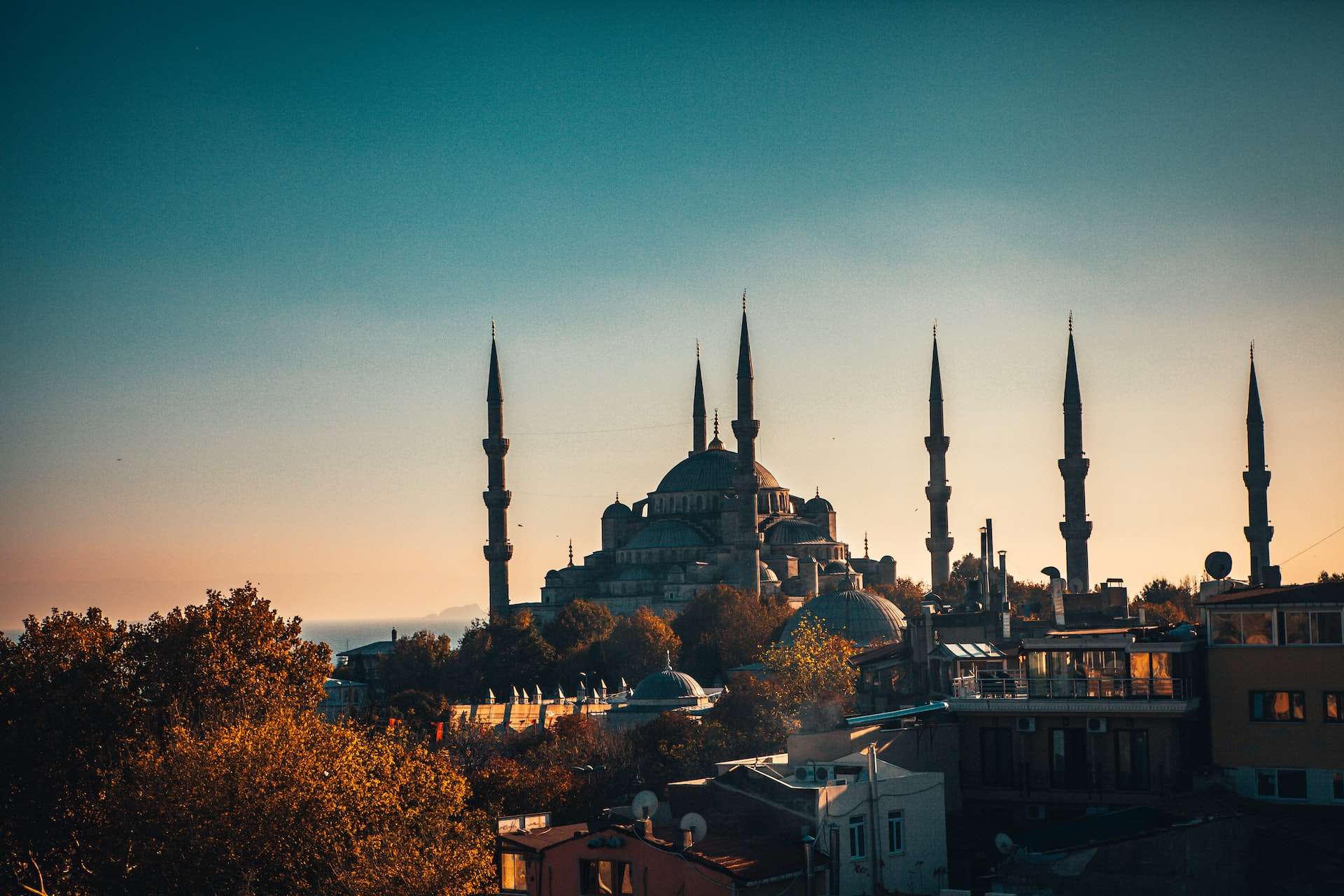The Islamic world is struggling to define the relations between religion and the state in contemporary times. The Taliban took over Afghanistan and imposed harsh rules on the people, especially on the women, in the name of Islam. The Iranian regime, after the Islamic Revolution in 1979, established theocracy and tried to impose laws on the people; here too, women were the sufferers. Currently, the world is witnessing how the morality police killed a girl in their custody for being in an improper dress, defying the dress code set by the Iranian state. On the other hand, the Saudi regime is relaxing the harsh laws, though most of the laws are still rigid and harsh. Pakistan was created in the name of Islam but largely remained in the hands of the military. Mustafa Kemal's Türkiye started as a strict, secularist country but has, in recent times, tilted towards Islam. Almost all Muslim-majority countries lack knowledge on how the state should be organised, how the rulers should be elected, what's the role of the ulama, the status of minorities, and whether the state can excommunicate any individual or group. These are some of the questions on the political front that the contemporary Islamic world faces, which cause the rise of fundamentalism in both the secular and religious groups. The question comes to mind: it has been fourteen centuries since the last prophet to come, and Islam does not have the answers to these questions, which are directly affecting people’s lives, especially the relations between Islam and the state. It is also not true that throughout Islamic history, people have struggled with these questions. The thing is, the contemporary case is exceptionally new for Muslims. If we even see the statements of fundamentalists or radicals, they invoke a return to the "golden age" of Islam, the period of the prophet Muhammad and the four rightly guided caliphs. And it is without doubt that every Muslim believes this; interestingly, the Shi'ite sect stretches this golden age to the martyrdom of Husayn. Does this mean that the fundamentalists or the Muslim community as a whole believe that Muslim states or previously the empires deviated from the right path, which the fundamentalists want to restore through any means? From where did this deviation start, which they are pointing out? And if the deviation really took place somewhere in the past or is taking place at present times, then do the rulers have the right to fix this with any means they want? To know all these, it is necessary to know why, in the first place, these questions arise in the Muslim world. There is no denying the fact that Islam, from the beginning, became a religio-political community and achieved in three decades what Christianity achieved in three centuries after Christ with the conversion of Constantine in 312 C.E. Islam started in urban centres like Mecca and spread to the vast land from Spain to the eastern reaches of south Asia. Its capitals and major cities like Mecca, Medina, Damascus, Baghdad, Cairo, Istanbul, Delhi, Bukhara, Samarkand, and Isfahan, a cosmopolitan religion, had always been the attraction of different people, art, and culture. In between northwestern Africa and the eastern reaches of south Asia, there were only Muslims who faced no challenges from the outside world. There were only two cases when Muslim rulers faced defeat at the hands of outside power: the Mongols' intrusion into Baghdad and the killing of caliph al-Musta'sim in 1258, and the defeat of Ottoman Sultan Bayazid by Timur in 1402. Apart from these two, there was no threat until the modern age; the Muslim world was self-sufficient and secure; even the loss of the Muslim empire in Spain in the fifteenth century posed no threat to the Muslim heartland. Throughout the Islamic history until the colonial power intrusion, Islamic societies seldom bothered about the rulers; for them, government is a necessary evil just to unite the ummah. It was not that Muslim intellectuals did not write on these subjects, but no Muslim ruler or the Muslim communities went beyond the revealed knowledge. Before the enlightenment period in the western world, the rulers were despots and there was conflict between the church and the state. Most of the political ideas, political philosophies, and political thought of the western world were mostly related to the questions arising from the conflict between the church and the state. In these contexts, the concept of state sovereignty emerged, so much so that Thomas Hobbes' Leviathan cannot be challenged. Why there is less emphasis on how the Islamic state should be could be easily understood from the fact that there is no such thing as a church or Muslim pope in Islam. The concept of caliph is neither related to Islamic theology nor do Muslims believe in any attribute of divine right to rule as caliph. Throughout Muslim history, after the prophet Muhammad and the four rightly guided caliphs, the title of caliph was used for its ease, not for any special attributes. Therefore, after the end of the Ottoman Empire and the caliphate system, there were almost three conferences and meetings that happened in Cairo and Mecca to establish the caliphate, but there was no response from the Muslim world to do so; even the Khilafat Movement, which happened in India, did not even send delegates to the Cairo conference. In Islam, the revealed knowledge clearly mentions who should have authority, “O believers! Obey Allah and obey the messenger and those in authority (Quran 4:59), and in another verse, "And hold firmly to the rope of Allah, and do not be divided (Quran 3:103)," along with a hadith, “Should we not fight against them (bad rulers)?” The Prophet replied, “No, not so long as they establish prayer among you.” These two Quranic verses and a hadith at least clarify the relations between the state and Islam, for which the western world had to produce vast knowledge to get this separation of state and religion. This is the reason there is not much political philosophy, thought, or theory available in the Islamic world, given the fact that the Greeks' knowledge was preserved by the Muslim world and later passed down to the western world, upon which they trace their origins in political philosophy. As mentioned above, the colonial powers disrupted the Muslim world, and for the first time, Muslims were under the rule of non-Muslims, which created a challenge for the Muslim intellectuals on how to react to this unprecedented challenge. There were two types of reactions to this challenge: accommodationist and rejectionist. It is the rejectionists, from the beginning till today, who are of the view that Muslims cannot be ruled by those leaders who violate God’s ordinances or those leaders who imitate western values over Islamic values. Therefore, the world has seen the Islamic Revolution in Iran and the Taliban takeover of Afghanistan in recent times. It is often the accommodationist who won the support of the larger Muslims. Both the extremes are not good; therefore, it is the work of Muslim intellectuals to bridge the gap through dialogue, debate, and literature.







